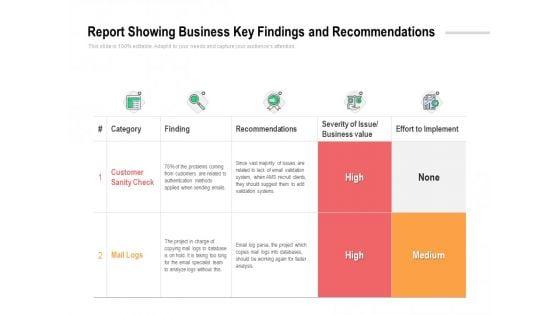In today’s interconnected world, the smooth and efficient movement of goods is essential for businesses to thrive. Enter bilateral contract logistics – a dynamic and strategic approach to transport and shipping that ensures both parties involved in the transaction benefit mutually. Let’s delve into the world of bilateral contract logistics and explore how this innovative solution is reshaping the way goods are transported and delivered.
– Understanding the Concept of Bilateral Contract Logistics
When it comes to bilateral contract logistics, it is essential to understand the concept and its impact on transport and shipping. In a bilateral contract, both parties agree to fulfill certain obligations, creating a mutual agreement that must be upheld. This type of arrangement is commonly seen in the logistics industry, where companies rely on each other to transport goods efficiently and effectively.
With bilateral contract logistics, there is a clear division of responsibilities between the parties involved. Each party must meet their obligations to ensure the smooth flow of goods from one point to another. This helps in reducing delays, improving communication, and ultimately enhancing the overall efficiency of the supply chain. By understanding the concept of bilateral contract logistics, companies can better navigate the complexities of transport and shipping to achieve successful outcomes.

– Maximizing Efficiency in Transport Operations
Bilateral contract logistics is a strategic approach that can greatly enhance the efficiency of transport operations. By entering into mutually beneficial agreements with key partners, organizations can optimize their supply chain, reduce costs, and improve overall service levels. Through a combination of collaboration, communication, and data-sharing, companies can create a seamless flow of goods from manufacturer to consumer.
Transport and shipping are critical components of any supply chain, and maximizing their efficiency is essential for business success. Leveraging technology, such as real-time tracking systems and route optimization software, can help streamline operations and minimize delays. By focusing on continuous improvement and innovation, companies can stay ahead of the competition and deliver superior service to their customers.

- Navigating Shipping Challenges in Bilateral Contracts
When it comes to navigating shipping challenges in bilateral contracts, there are several key factors to consider in order to ensure a smooth and successful delivery process. One of the most important aspects to address is clearly defining the responsibilities and obligations of each party involved in the contract. This includes outlining the specific shipping terms, delivery schedules, and any potential penalties or consequences for late or damaged shipments.
Another crucial aspect to consider is the selection of the appropriate mode of transportation for the goods being shipped. Whether it’s by air, sea, rail, or road, choosing the right shipping method can have a significant impact on the overall cost, time frame, and efficiency of the delivery process. It’s important to weigh the advantages and disadvantages of each option and select the one that best aligns with the needs and requirements of the bilateral contract.

– Key Recommendations for Successful Bilateral Contract Management
When it comes to successful bilateral contract management in the logistics, transport, and shipping industry, there are several key recommendations that businesses should consider. Implementing these strategies can help to ensure smooth operations, minimize risks, and enhance overall performance.
Key Recommendations:
- Regular communication with all parties involved
- Ensure clear and detailed contract terms and conditions
- Utilize technology and automation for efficient contract tracking
- Establish performance metrics and KPIs for monitoring and evaluation
- Regularly review and update contracts to address any changing circumstances
The Way Forward
In conclusion, bilateral contract logistics in the world of transport and shipping is a vital component that ensures the smooth and efficient movement of goods across borders. With the establishment of mutually beneficial agreements between parties, businesses can navigate the complexities of international trade with ease. By fostering strong partnerships and clear communication, companies can optimize their supply chain operations and ultimately drive success in the global marketplace. Embracing the principles of bilateral contract logistics opens up a world of possibilities for businesses looking to expand their reach and maximize their potential. It’s time to seize the opportunities that lie ahead and revolutionize the way we approach transport and shipping in the modern era.
